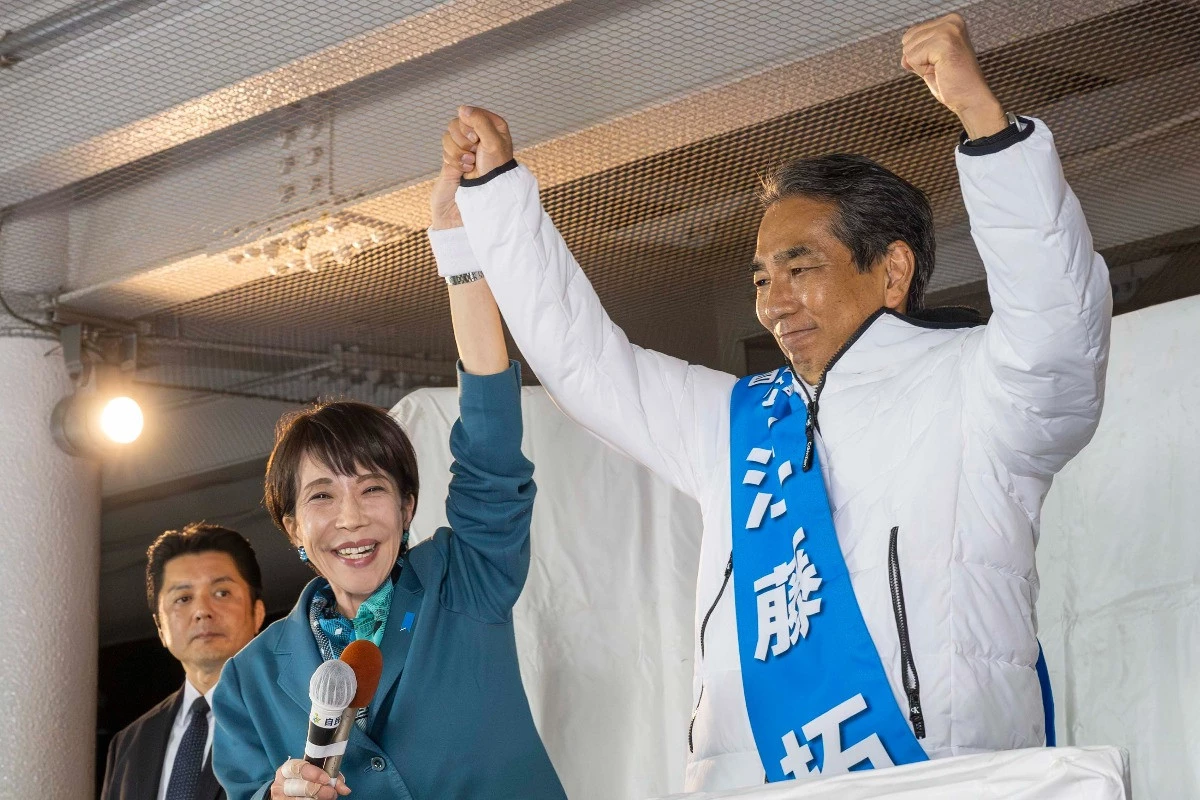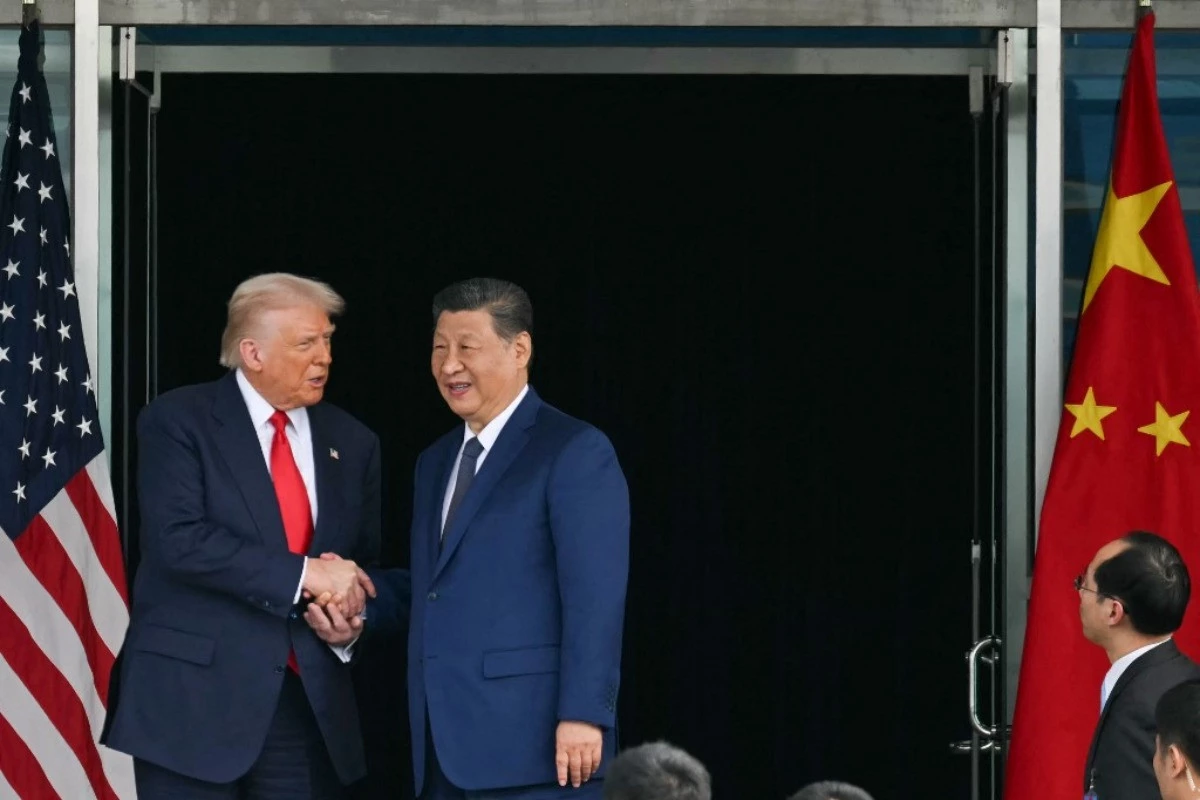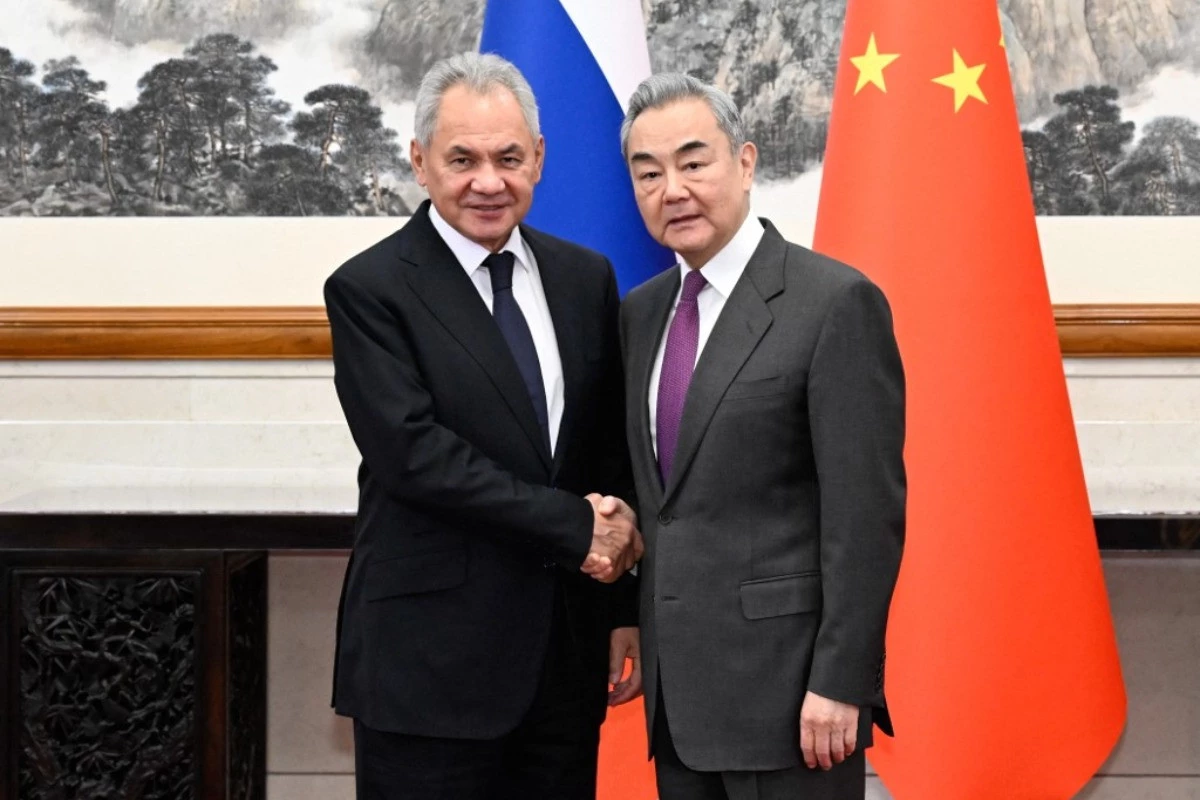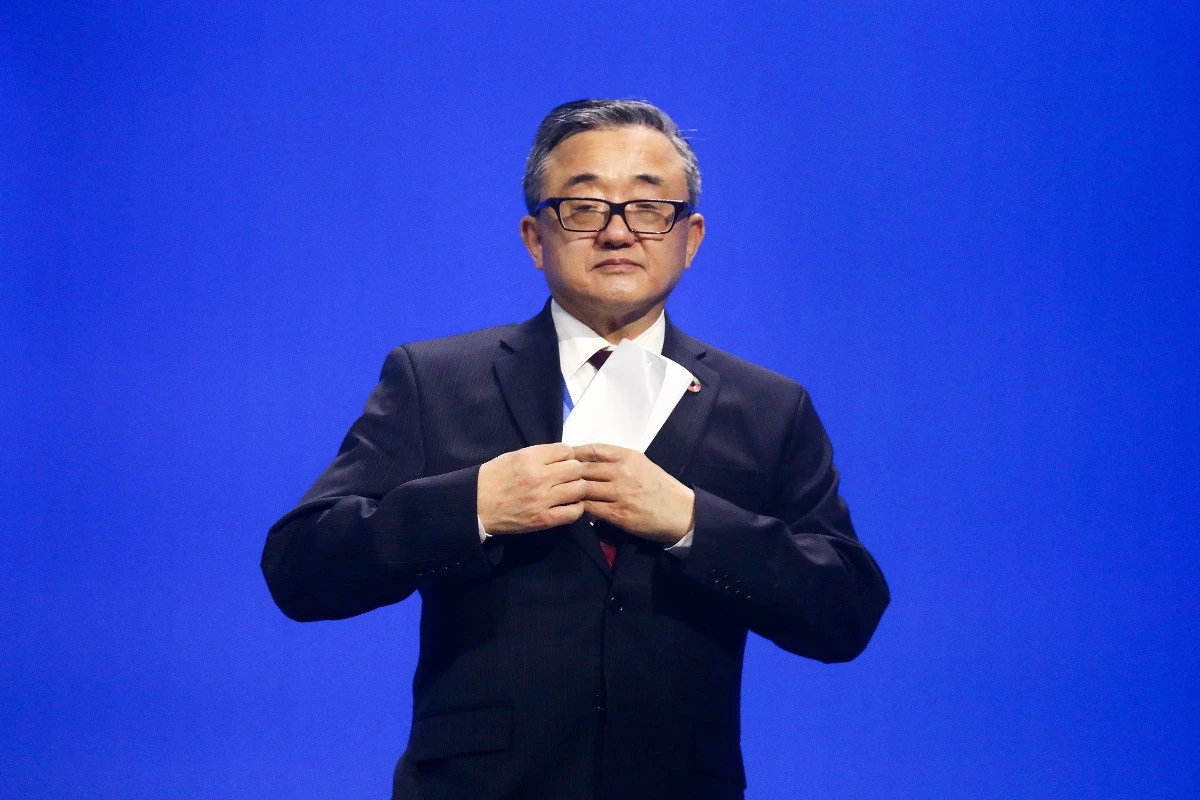Liu Zhenmin, appointed in January as Xi’s Special Envoy for Climate Change, this month heads for his first in-person meetings in the US since taking the role. Those talks come at a crucial juncture for international cooperation — with skepticism about pledges to phase out fossil fuels, continued wrangling over funding for developing nations, and rising trade protectionism targeted at clean energy supply chains.
US Treasury Secretary Janet Yellen has issued warnings about China’s overcapacity and record exports of cheap solar equipment and lithium-ion batteries, while the European Union has launched probes into clean energy and electric vehicles.
“We need to maintain low costs, otherwise nobody is going to be able to afford the energy transition,” Liu said in an interview with Bloomberg Television. “What I’m worried about is if the US and European Union continue to insist on that approach, it would result in a delay in the substitution of fossil fuels by renewables globally.”
Relying on technology made outside China could lift global energy transition costs by as much as $6 trillion, or 20 percent, Liu said, citing a Wood Mackenzie analysis. Other countries can instead take advantage of the boom among Chinese companies in production of clean energy equipment, batteries and electric vehicles, which has dramatically lowered costs.
“After more than a decade of their hard work, now we have cheaper wind and solar products, which make it more affordable to start the energy transition,” he said. “I think that this is good for both China and the world.”
Liu, who will meet in Washington with counterpart John Podesta, is optimistic over China’s ability to meet Xi’s targets to peak carbon emissions by 2030 and hit net zero by 2060. He also sees the US and China as able to cooperate to continue to lead global action.
There’s potential to help other nations develop their own clean energy supply chains, including by Chinese companies investing in joint ventures, according to Liu. Already China-based producers are building solar plants in the US, battery factories in Hungary and electric vehicle assembly lines in Thailand.
“Between China and the US, I hope we have more cooperative enterprises,” he said. “I think this joint design, this joint manufacturing, I think it will be good to remove all these worries.”



